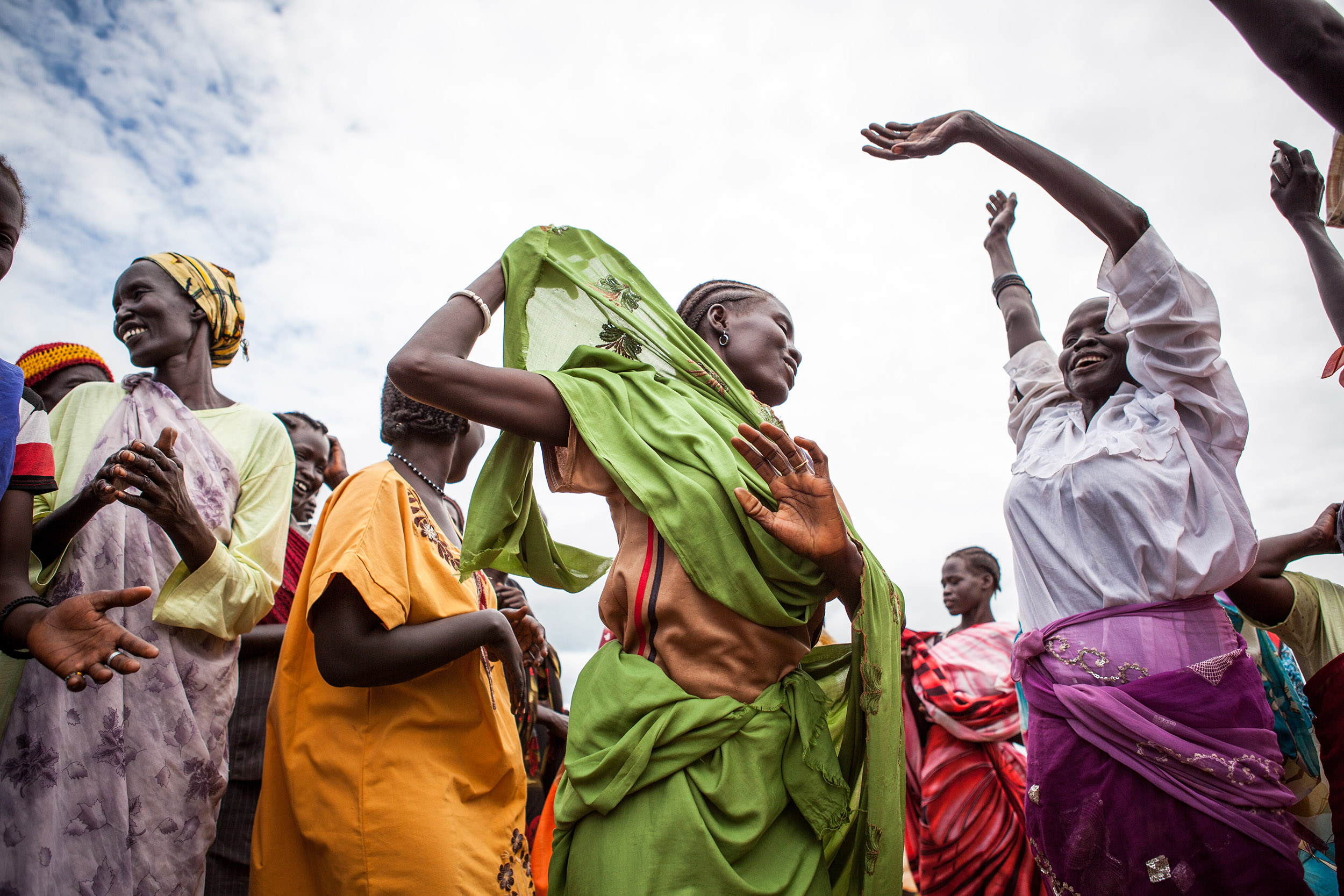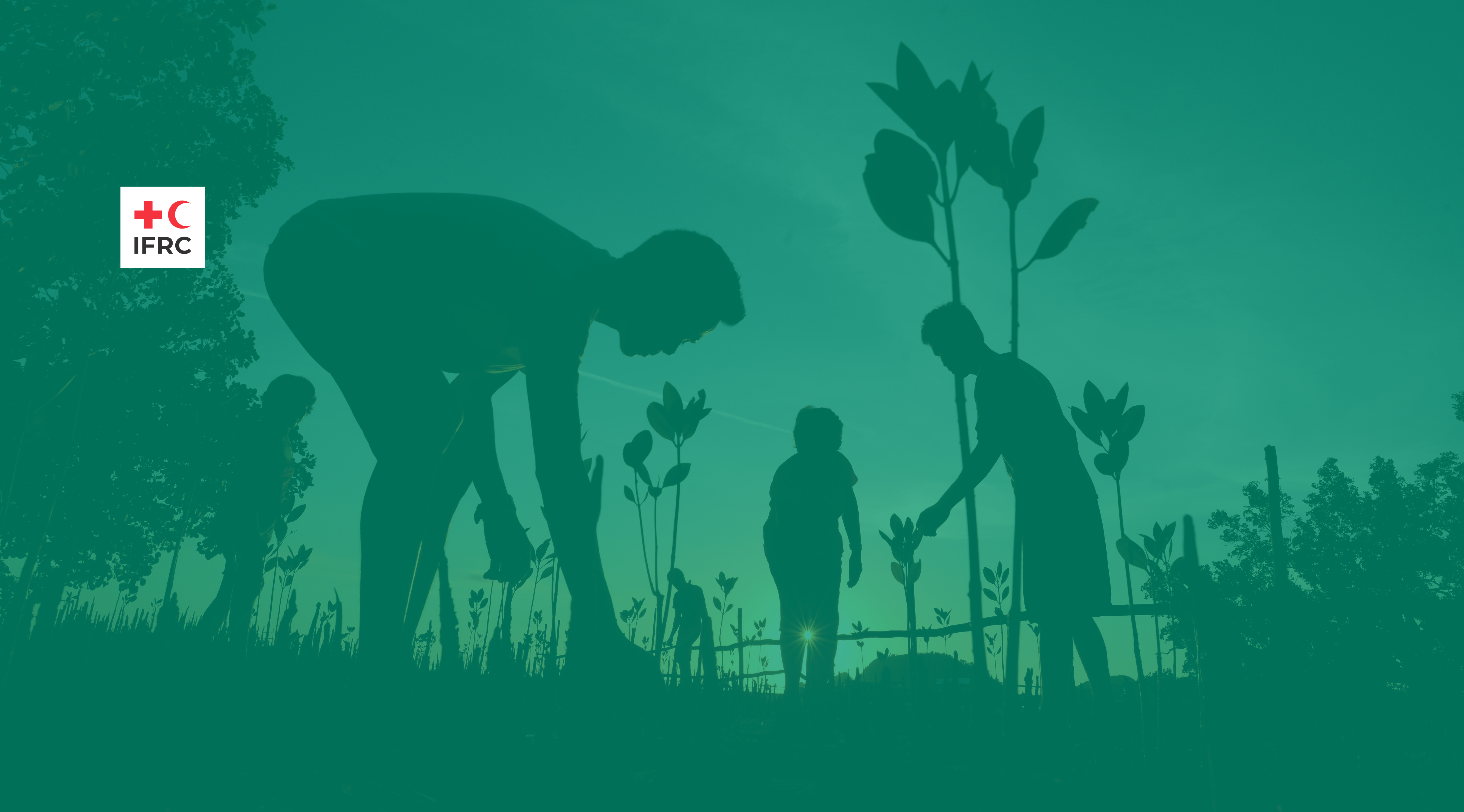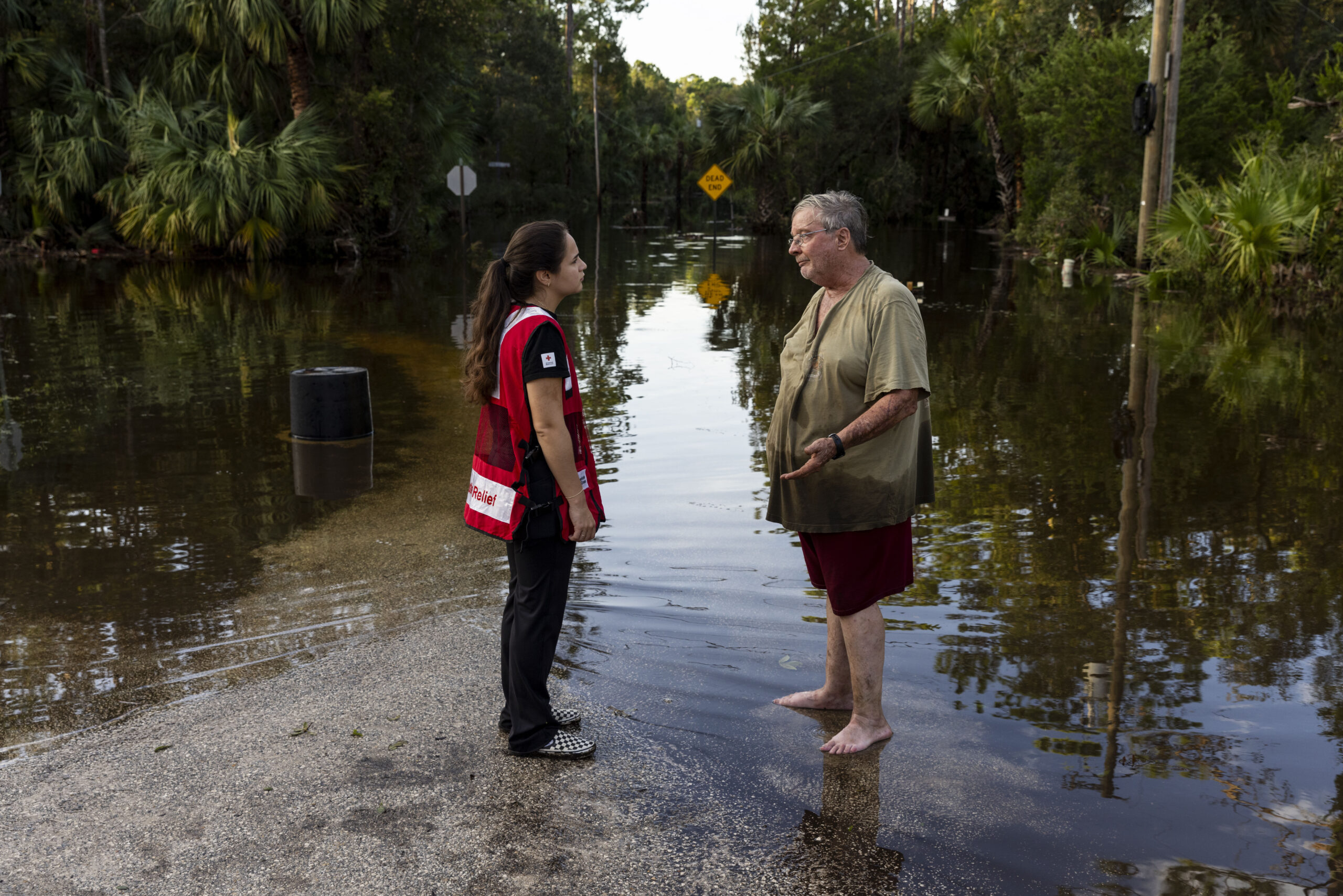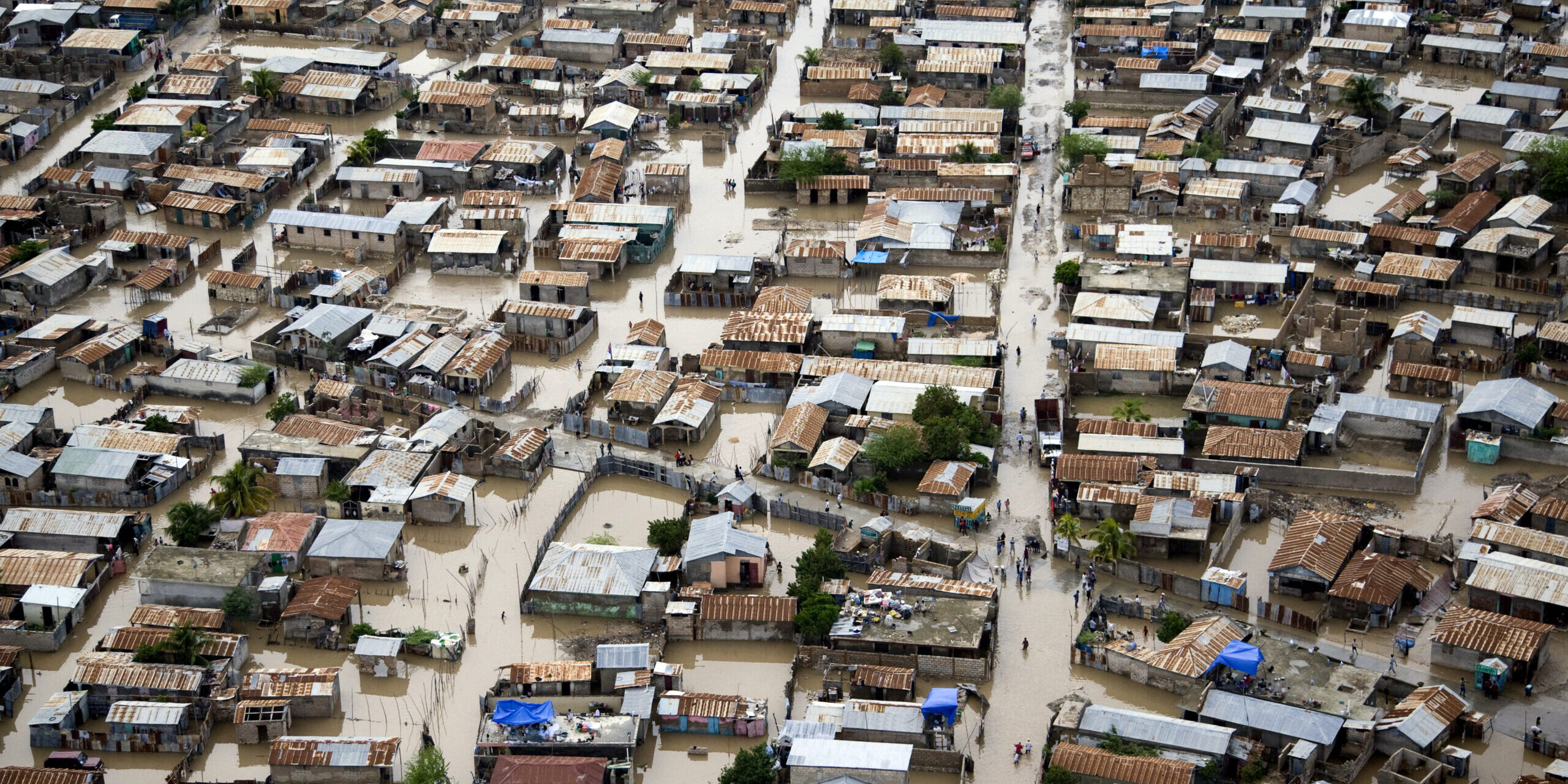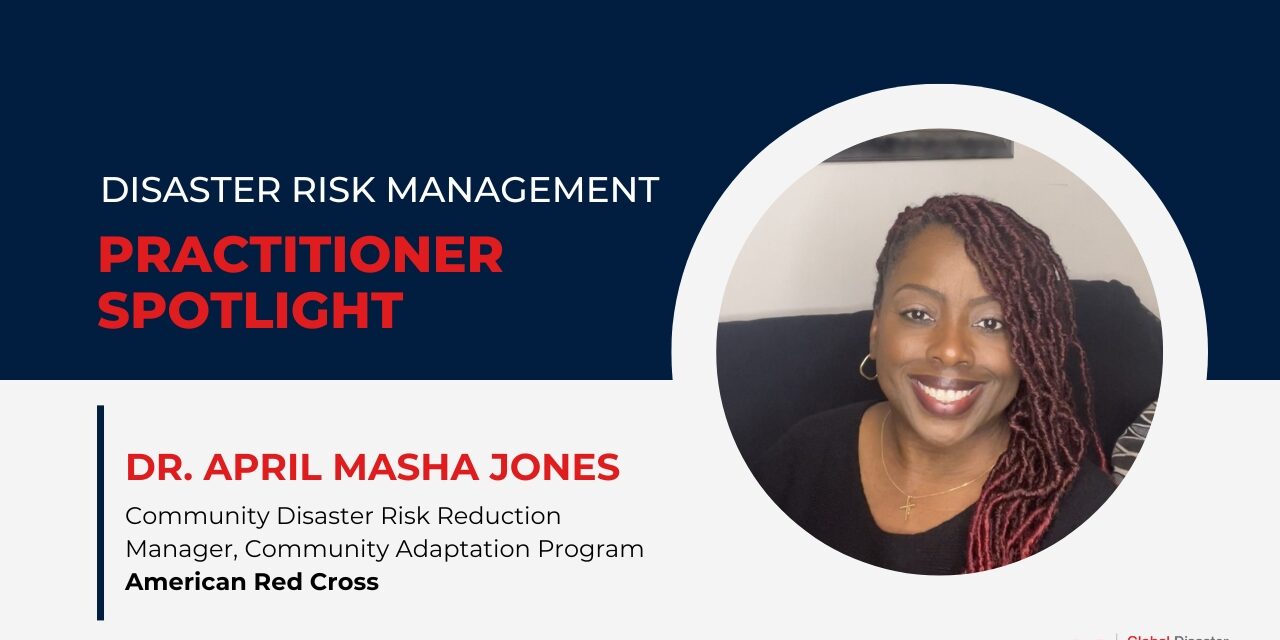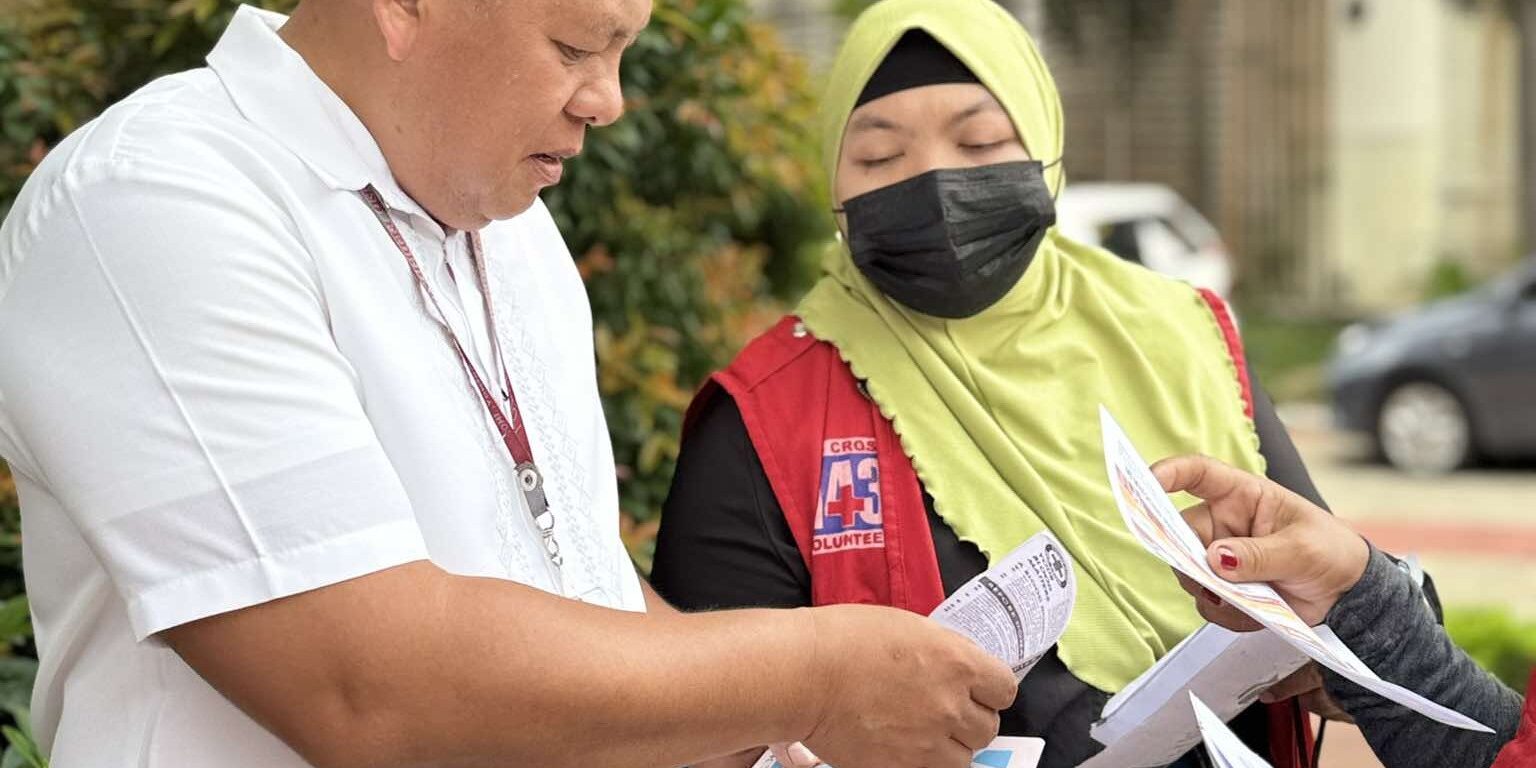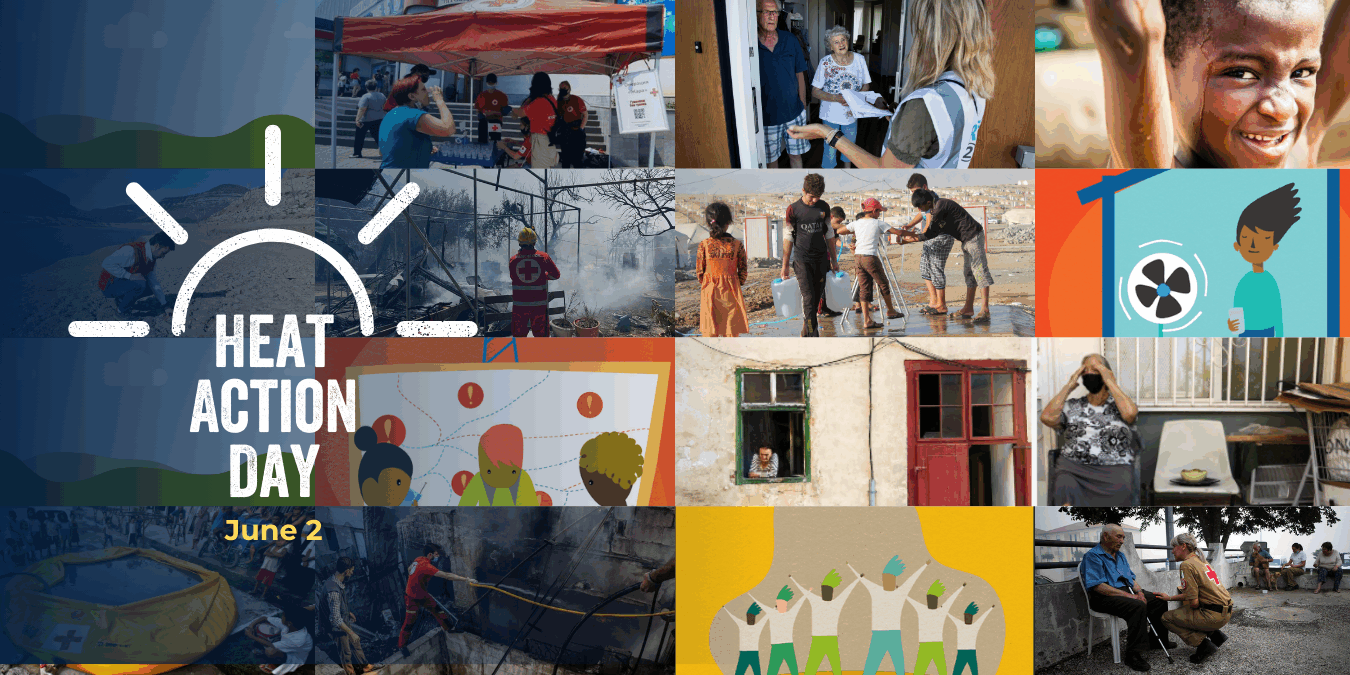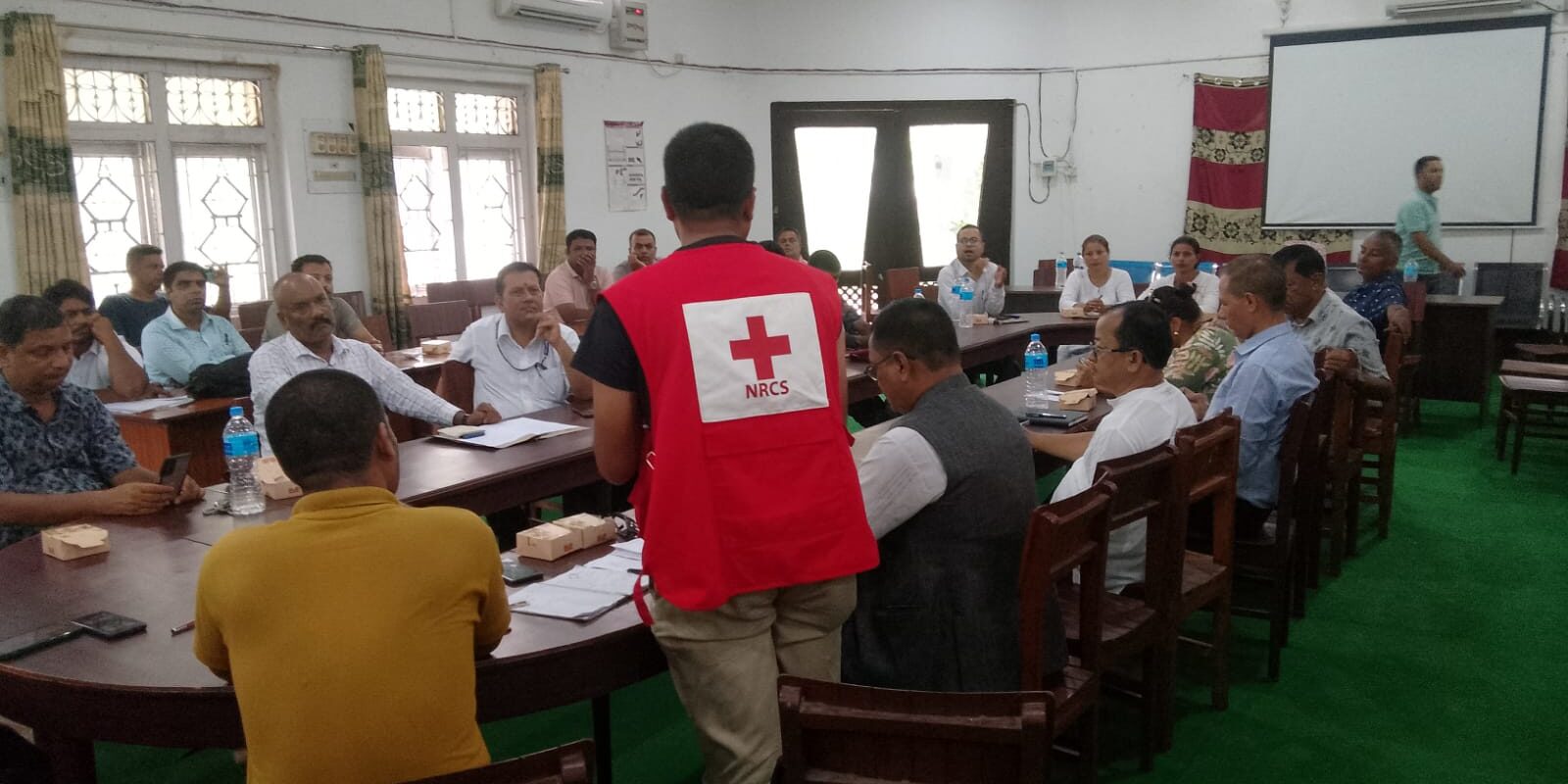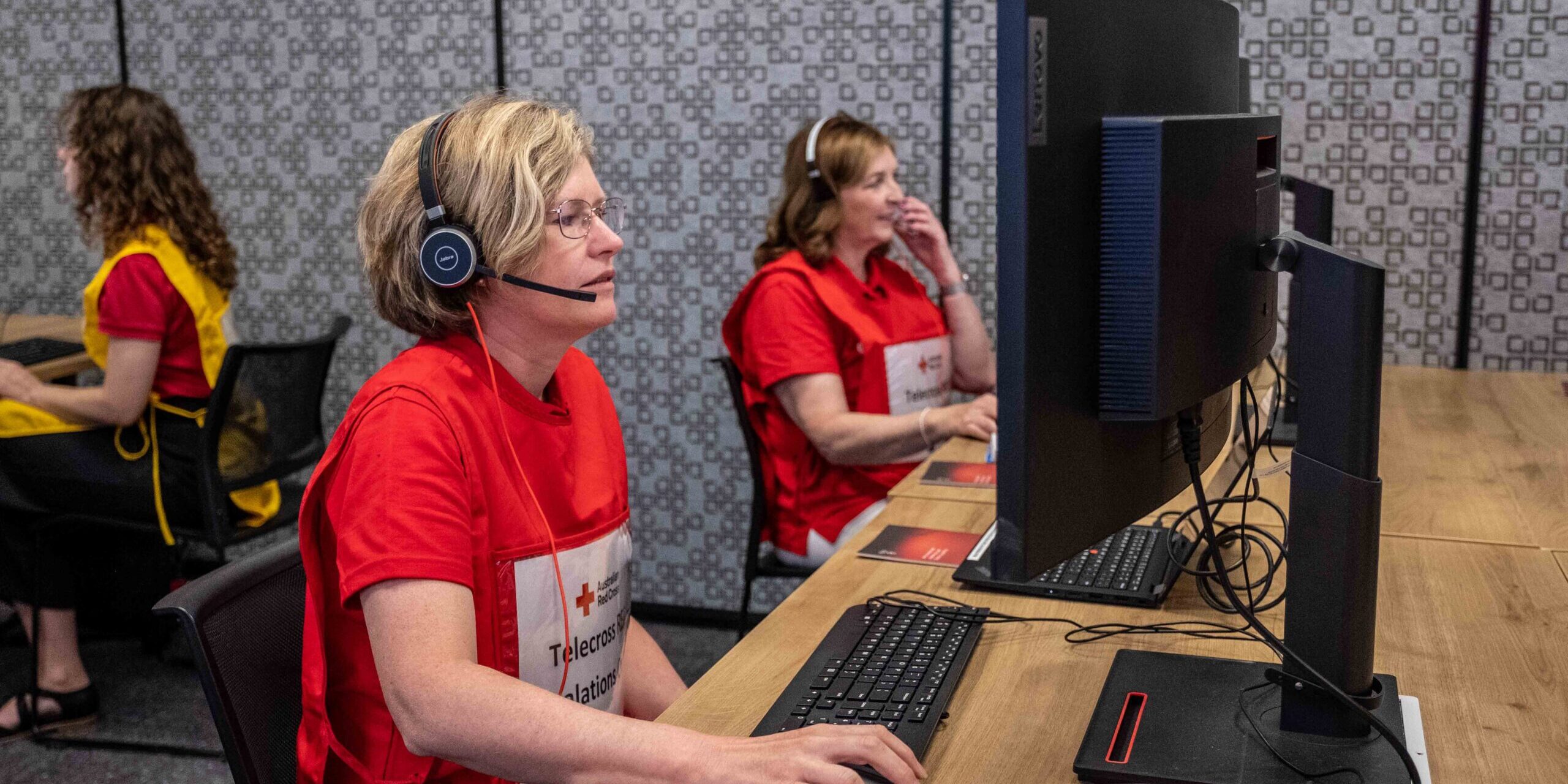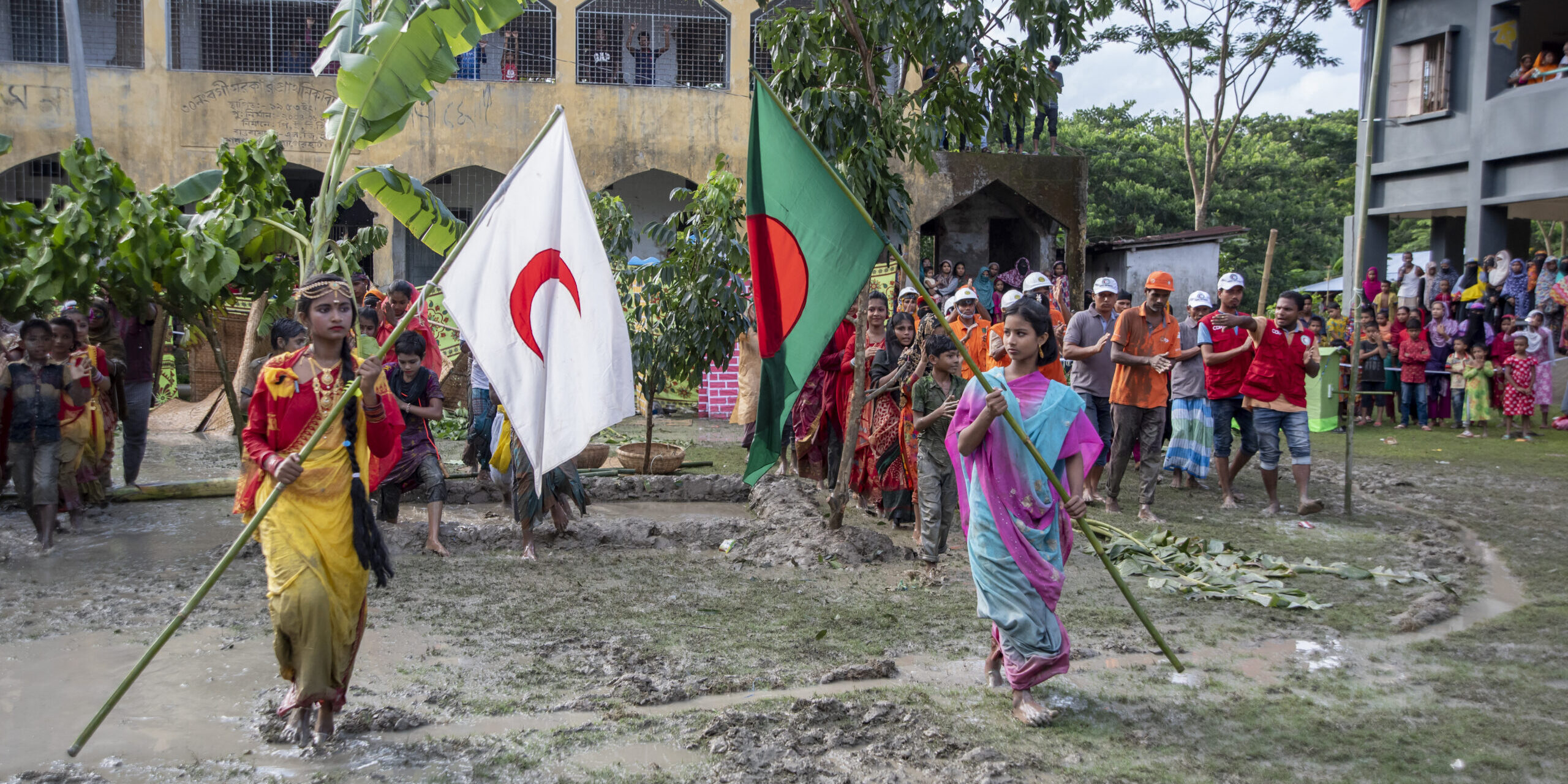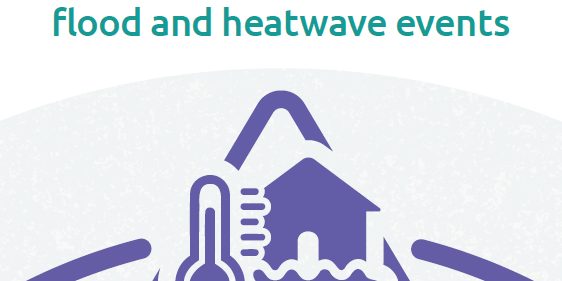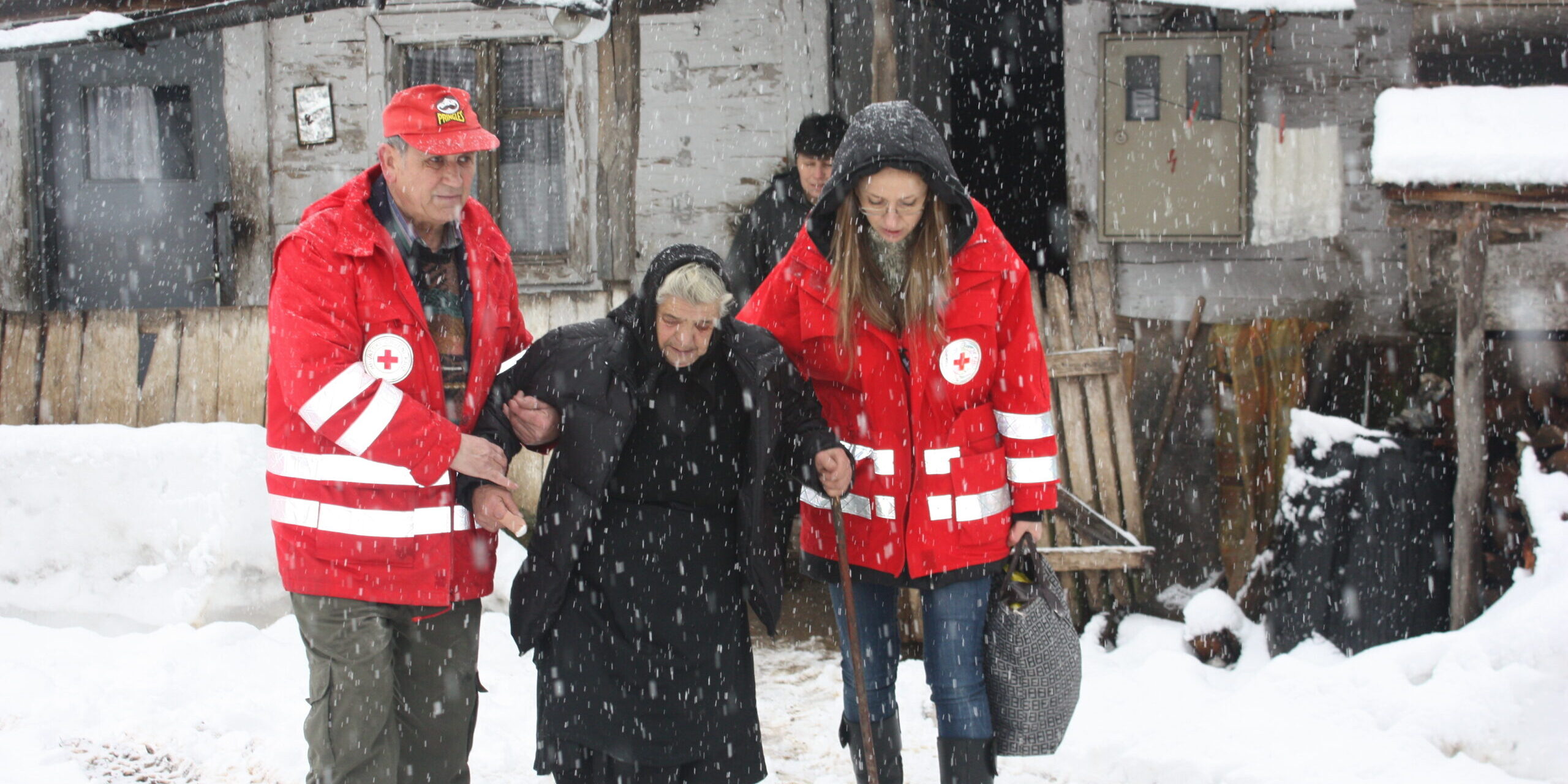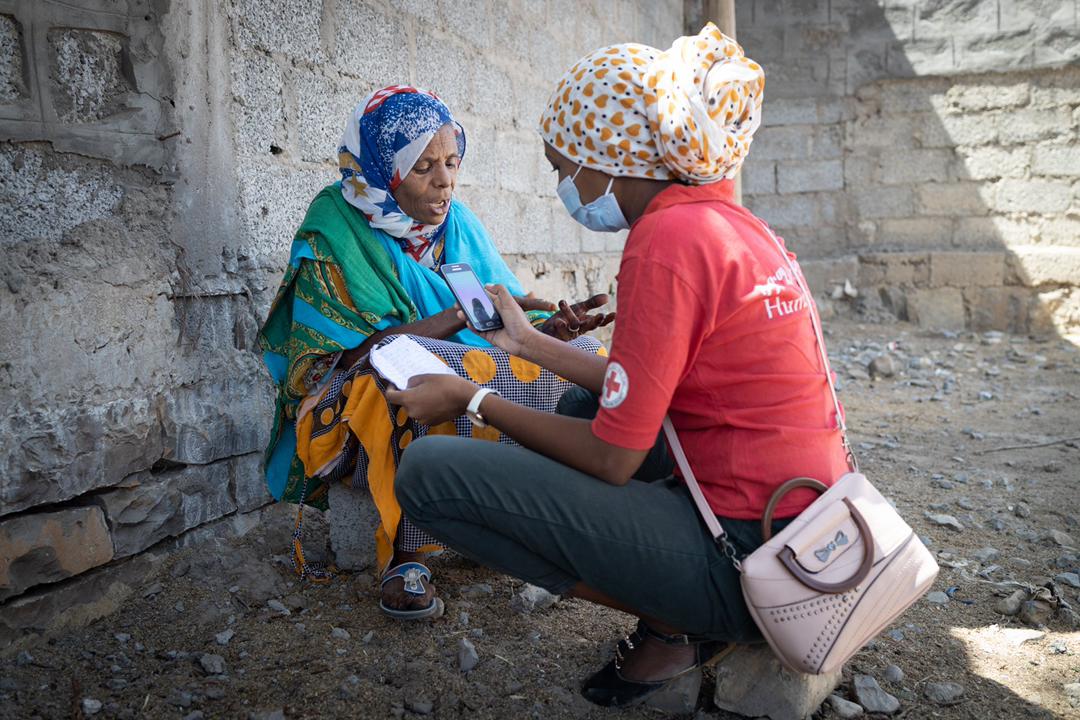Contribute your knowledge to build more resilient communities
Unpacking the Summer: Learning About Heat in Adelaide
Listening Over Coffee: Stories Behind the Data The Post-Event Review Capability (PERC), developed by the Zurich Climate Resilience Alliance, offers ...
From Assessment to Action: A New Tool to Support Urban Resilience
Cities around the world are stepping up efforts to reduce disaster risk and build resilience. While many tools help identify vulnerabilities, the chal...
Community-First Approach: How the American Red Cross Helps Build Disaster Resilience Where It’s Needed Most
Across the United States, the American Red Cross is working to reduce disaster risks and strengthen the long-term resilience of the most vulnerable co...
Scorched Future: The Rising Toll of Extreme Heat in the Philippines
Authors: Mia Grace Ligutan, Seth Sarmiento, Steven Villena, Cale Johnstone Rising temperatures in the Philippines, particularly in urban areas ...
Heat Action Day 2025 – Activities to #BeatTheHeat all around the World
On Monday, June 2, 2025, we celebrated the 4th edition of Heat Action Day (HAD). As the impact of Heat Action Day spreads, our influence is a joy to q...
Strengthening Risk Governance from the Ground Up: Nepal’s MDRGA Tool in Action
Authors: Bhesh Parajuli | Cale Johnstone | Anil Rai Local Solutions for Local Risks Disaster risk is most acutely felt—and most effectively managed�...
Telecross Redi: Heatwave Service
Extreme weather events pose significant risks to vulnerable populations, especially those who are isolated or have underlying health conditions. In re...
Pre-Financing Anticipatory Action: A Practical Guide for National Societies
Anticipatory action is expanding and being mainstreamed across the Red Cross Red Crescent Movement. As National Societies add more Early Action Protoc...
Double Jeopardy: Addressing compound flood and heatwave events
Compound events, such as floods and heatwaves occurring in close succession or simultaneously, can interact in a way that creates more severe outcomes...
Preparedness for winter weather and response by National Societies in Europe and Central Asia
This briefing note outlines common winter weather hazards experienced across Europe and Central Asia, and the ways in which National Societies are pre...
Toolkits
Featured Resources
Guidance material
Urban Ready Standards for Red Cross Red Crescent Branches
Introduction Urban areas present unique challenges and opportunities for humanitarian organizations. The Urban Ready Standards for Red Cross Red Crescent Branches provide a comprehensive set of standards to help National Society branches assess and enhance their capacity to deliver effective program... Read More
Briefs and Fact Sheets, Research
Reviewing the journey of Self-reliance in the Uganda Refugee Response
The Self-reliance brief captures the state of affairs of self-reliance policy and programming in Uganda’s refugee response. It analyses evolving trends, highlights questions and concerns, and reflects on ways forward. Ultimately, the goal is to inform and guide key actors (i.e. the government, ref... Read More
Case Study
Localising Humanitarian Action – Case Studies from Uganda, Kenya, the Philippines, and India
This report highlights the achievements of the Charter for Change Working Group (C4C WG) in Uganda and summarises learning from three organisations championing localisation in Kenya, the Philippines, and India. The objective of the report is to inform localisation planning in Uganda. Read More
Briefs and Fact Sheets, Case Study, Research
Localising Research, Learning and Accountability to Affected Populations in Uganda’s Refugee Response
The Localisation Assessment Report explores how actors currently generate, share, and use evidence and how they engage affected populations to inform decision-making in the Uganda’s refugee response. It analyses local views and practices in the response in relation to research, learning and AAP. I... Read More
Briefs and Fact Sheets
Climate Terminology Bank: Bibliography of Climate Definitions in Uganda’s Refugee Response
This Climate terminology bank provides key definitions and facts related to climate and resilience for Uganda’s refugee response. Its goal is to build a common understanding among stakeholders and support the integration of climate-smart practices in humanitarian efforts. Read More
Case Study, Report, Research
Living with Climate-related hazards in Nyumanzi settlement (Adjumani, Uganda)
This in-depth assessment, drawing primarily on data collected in 2024, examines climate change response strategies in the refugee and host communities of Nyumanzi settlement (Adjumani District). It aims to provide detailed data on perceived local climate impacts, deepen understanding of how vulnerab... Read More
Briefs and Fact Sheets, Research
Exploring the challenges faced by formal refugee-owned businesses in Uganda
This brief explores the challenges faced by formal refugee-owned businesses in Palabek and Nakivale refugee settlements, including limited access to information on official business registration, high costs of registration, and a lack of standardization in the registration process. The findings and... Read More
Other type of resource
Labour Market Assessments covering refugee hosting districts in Uganda – A desk review
This desk review highlights key information from 25 documents about labour markets in the 13 refugee-hosting districts of Uganda. The findings are presented in relation to three main themes: 1) labour supply; 2) labour demand; and 3) training to match the available skills with the demand. Read More

